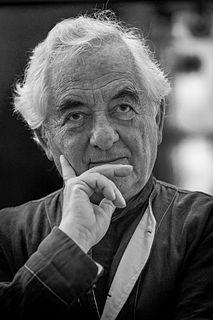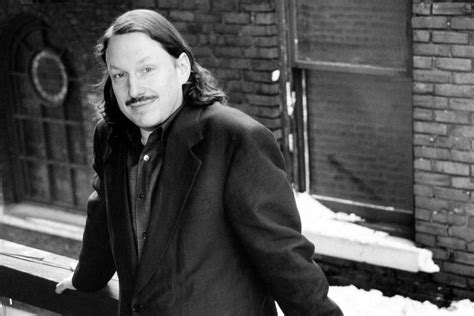A Quote by Henry James
The practice of "reviewing"... in general has nothing in common with the art of criticism.
Related Quotes
I don't have a very high opinion, actually, of the world of criticism - or the practice of criticism. I think I admire art criticism, criticism of painting and sculpture, far more than I do that of say films and books, literary or film criticism. But I don't much like the practice. I think there are an awful lot of bad people in it.
All violation of established practice implies in its own nature a rejection of the common opinion, a defiance of common censure, and an appeal from general laws to private judgment: he, therefore, who differs form others without apparent advantage, ought not to be angry if his arrogance is punished with ridicule; if those whose example he superciliously overlooks, point him out to derision, and hoot him back again into the common road.
Art too is just a way of living, and however one lives, one can, without knowing, prepare for it; in everything real one is closer to it, more its neighbor, than in the unreal half-artistic professions, which, while they pretend to be close to art, in practice deny and attack the existence of all art - as, for example, all of journalism does and almost all criticism and three quarters of what is called (and wants to be called) literature.
If the mystical lovers of the arts, who consider all criticism dissection and all dissection destruction of enjoyment, thought logically, an exclamation like "Goodness alive!" would be the best criticism of the most deserving work of art. There are critiques which say nothing but that, only they do so more extensively.
My overall approach toward art is to remain as open as possible in front of the world, to always be curious, not to be afraid to experiment, and have a sense of self-criticism and a general criticism toward the surrounding. Also, trying to make a difference between serious research and pure gag! And making as few compromises as possible toward doing things that might not be accepted by the majority of society, even if this dominant society is the one which is ruling the art world. To keep this fundamental idea, even if it's a bit trivial: to have the desire to transform the world.






































